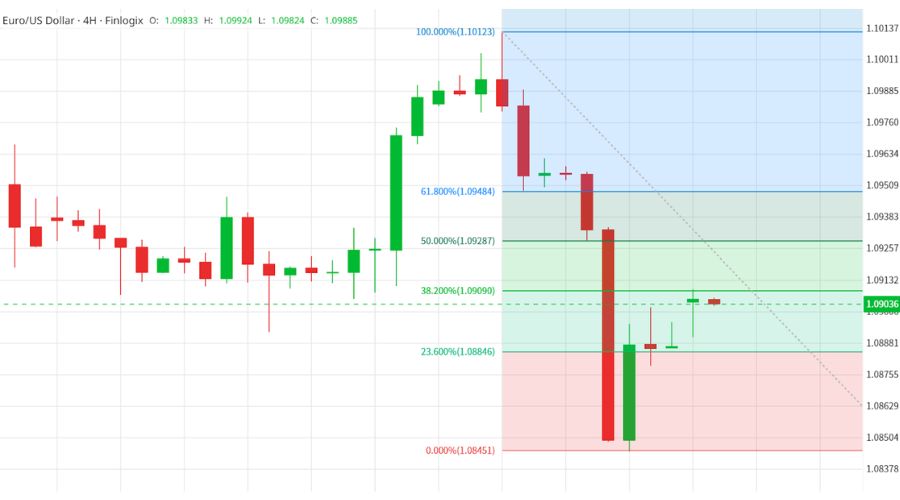Wikipedia is the world’s most popular free encyclopedia. Renowned for its open-source collaboration, it allows anyone to create, add, or remove information from its database of knowledge.
As it is an open environment, there are often arguments about topics that can be seen as controversial. Cryptocurrency is one of them.
Many editors on Wikipedia have shown a degree of strictness and reluctance towards cryptocurrency-related additions, including the creation of topics related to the world of crypto.
So, why such a fuss?
Editors’ Concerns Over Cryptocurrency
The skepticism among Wikipedia editors as it relates to cryptocurrency is based on several factors.
1. Verifiability and Reliability
2. Promotion and Speculation
3. Volatility and Fraud
Verifiability and Reliability
Wikipedia is built on the principle of verifiability. This means that every piece of content must be verified from a reliable, third-party source.
With the rapid evolution of the cryptocurrency marketplace, it can be difficult to find credible, reliable sources for many crypto-related claims, leading to increased scrutiny by editors.
There are many blogs and industry publications, but Wikipedia sees them as promoting the industry and not being reliable enough to report neutrally.
Which brings me to my next point.
Promotion and Speculation
Wikipedia maintains a strict “no advertising” policy. It aims to provide neutral and unbiased information.
Some editors believe that cryptocurrency-related entries are promotional, speculative, or both, thereby undermining Wikipedia’s neutrality.
This does make sense since people in the world of crypt stand to gain from promoting the topic. It is also a fair assessment since many in the marketplace have attempted to create a Wikipedia page related to non-notable crypto topics.
Volatility and Fraud
The volatile nature of cryptocurrencies and their association with scams and fraud are also key concerns.
As Wikipedia is an open source, it is an open invitation for people to add fraudulent information which can harm Wikipedia’s reputation while misleading its readers.
This has happened in the past with Forex trading. A good example is Banc de Binary and its feud with Wikipedia.
Examples of Strictness on Cryptocurrency Topics
Wikipedia has gone to war over cryptocurrency topics and still maintains high scrutiny over the subject. Here are a few examples:
Deletion of Pages
One notable example was the deletion of the Wikipedia page for Bitcoin Cash. Despite being a significant player in the cryptocurrency market, the page was deleted multiple times because it was considered to contain much of the same information as the page on Bitcoin. Many of the sources were deemed unreliable and the page was and many sources were viewed as unreliable.
Constant Vetting and Scrutiny
The ongoing scrutiny and vetting of edits related to the main Bitcoin page is another example. Editors are vigilant in maintaining the neutrality of the page, ensuring that it doesn’t devolve into a promotional or speculative platform.
Rigorous Standards for Notability
Wikipedia editors also seem to set a high standard when it comes to notability and crypto. While there are thousands of cryptocurrencies in existence, only a few dozen have their own Wikipedia pages. This reflects the rigorous standard required to be considered notable.
Crypto Donations to Wikipedia
So many editors are against the idea of cryptocurrencies. In fact, many banned together to petition the Wikimedia Foundation (Wikipedia’s parent organization) to stop accepting donations in cryptocurrency.
Imagine. Editors were willing to stop accepting money because they don’t like the form.
Conclusion:
While the dynamic between Wikipedia and cryptocurrency might seem contentious, it is important to remember that these stringent measures are in place to uphold the values of Wikipedia.
As the world of cryptocurrency matures and more reliable sources emerge, the relationship between these two may evolve. Until then, cryptocurrency topics on Wikipedia will continue to be closely monitored and rigorously vetted.





